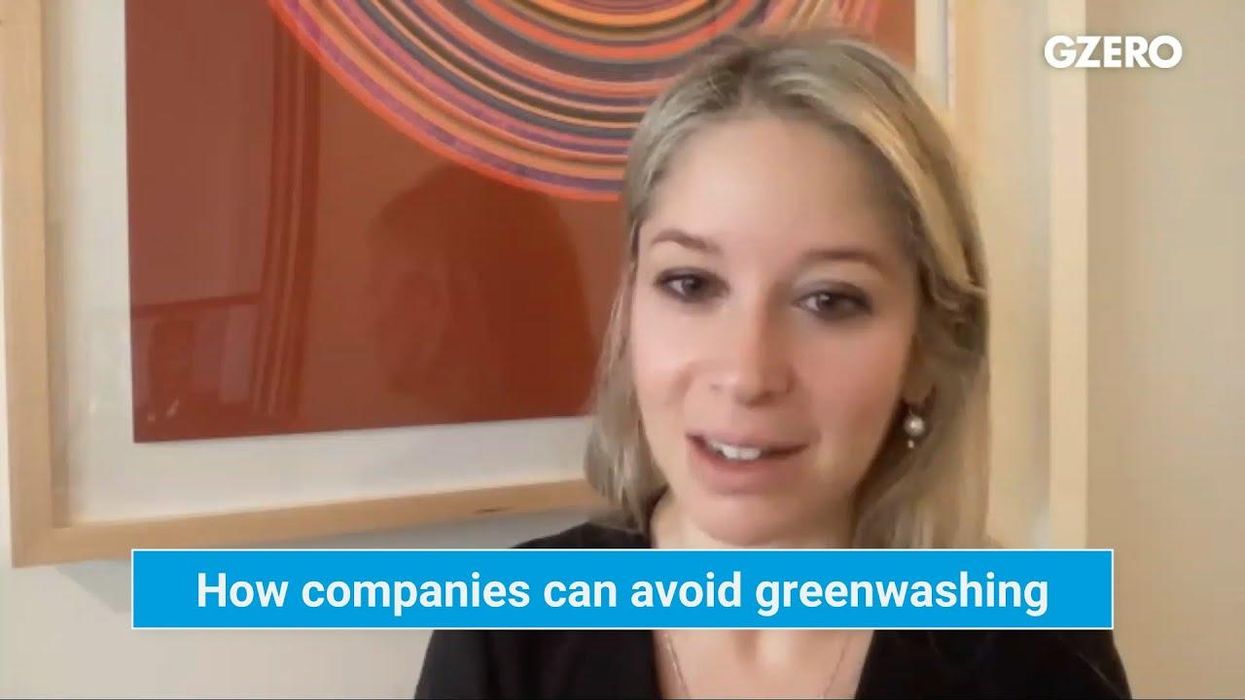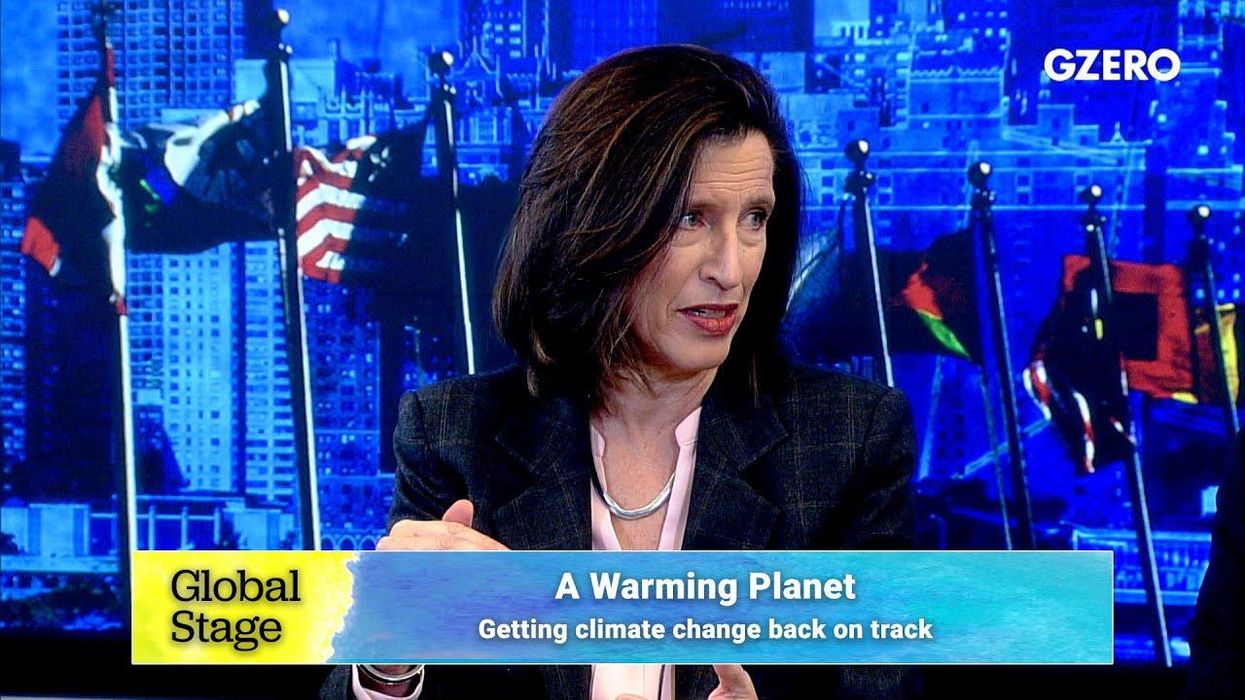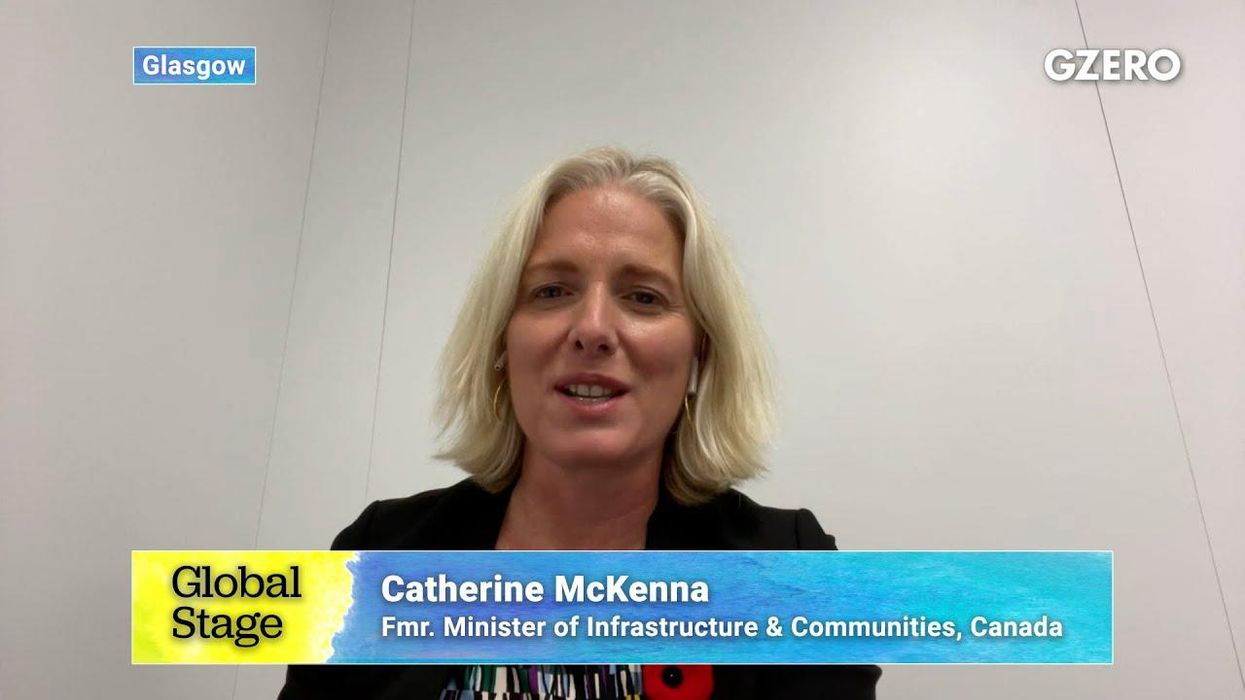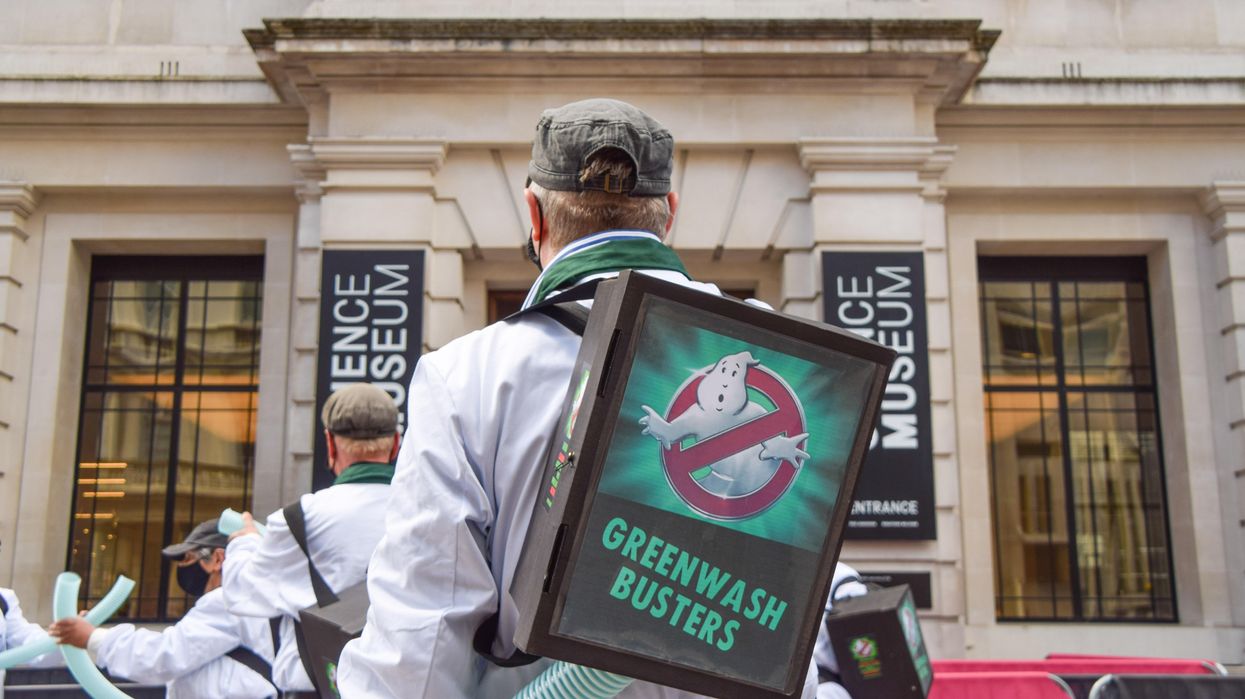Climate
How to stop greenwashing on biodiversity investments
Investors are starting to pay attention to biodiversity. But how can we be sure that interest doesn't result in greenwashing? With transparency and rigorous information sources, FNZ Group sustainability chief Vian Sharif says during "Time for nature: Turning biodiversity risk into opportunity," a livestream conversation hosted by GZERO in partnership with Suntory.
Dec 24, 2022




